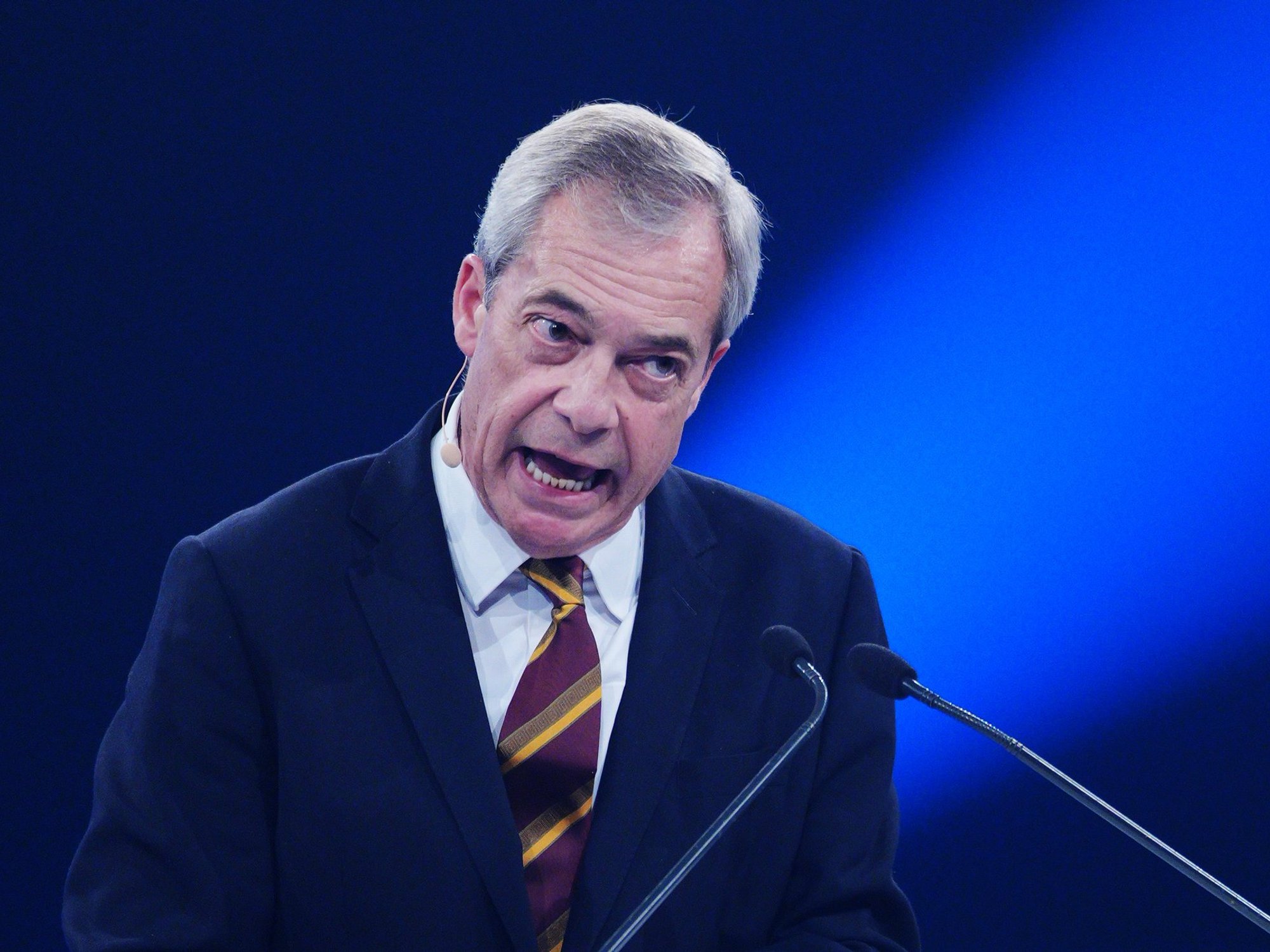UK reaches state pension ‘tipping point’ as affordability pressures grow

The UK could be set to see a smaller working population to pay for the state pension in the future, according to new statistics
Don't Miss
Most Read
Concern over state pension pressures has grown as new data suggests there could be a smaller provision in future, with an expert warning the UK is at a "real tipping point".
The number of live births in England and Wales fell to the lowest number since 2002 in 2022, according to refreshed data by the Office for National Statistics (ONS).
There were 605,479 live births in England and Wales in 2022, a 3.1 per cent decrease from 624,828 in 2021.
The total fertility rate (TFR) has been decreasing since 2010, statistics show.

A pension expert has warned there will be "fewer working age people to fill the gap" to pay for the state pension
|PA
It’s sparked concern among pension experts regarding the affordability of the state pension, as fewer babies will mean a smaller working population supporting an increasing older generation.
With 2022 seeing the lowest number of babies born in 20 years and the fertility rate at a record low, the predicted pandemic boom is “nowhere to be seen”, according to Helen Morrissey, head of retirement analysis at Hargreaves Lansdown, who warned: “This has a massive impact on society.”
The retirement expert warned as the Baby Boomers and Generation X retire, there will be fewer working age adults to contribute to funding the UK state pension for the pensioner generation.
Ms Morrissey said: “As the cohort born in the 50s and 60s moves ever closer to retirement, there are fewer working age people to fill the gap.
“This can cause labour shortages but also major issues for the state pension, as the bill for this burgeoning retired population falls on the shoulders of the smaller working population.
“It’s a long-term problem that needs to be grasped.”
Recent research suggested the state pension may need to rise to 71 as soon as 2050, in order to maintain the current ratio of working age adults and pensioners.
However, working into one’s 70s is often not an option, due to health and caring needs.
“The reality is many people will not be able to work this long,” Ms Morrissey said, as she urged for leaders to provide some certainty for the future.
LATEST DEVELOPMENTS:
“The state pension is the very foundation of people’s retirement planning, and it is vital it remains sustainable.
“As a general election looms, all eyes are on what state pension pledges will be in the key manifestos, with pressure piling on the parties to pledge whether they will keep the triple lock.
“It’s become a hugely important, though expensive policy, and it would take a brave politician to say they would step away from it.
“However, we’ve reached a real tipping point and if we want to keep the state pension on a long-term sustainable footing, we need to see whoever wins the election implement an overarching review of the state pension and the triple lock’s role within it.
“This will give people the certainty they need in terms of knowing what they will receive from the state and when so they can plan their futures with confidence.”











